Migrating to Open-source Technologies
The Microsoft Alternatives project (MAlt) started a year ago to mitigate anticipated software license fee increases.
Send us a link
The Microsoft Alternatives project (MAlt) started a year ago to mitigate anticipated software license fee increases.
OpenCitations is a scholarly infrastructure organization dedicated to open scholarship and the publication of open bibliographic and citation data as Linked Open Data using Semantic Web technologies, to the development of software tools and services that enable convenient access to these open data, and to community advocacy for open citations. This paper describes OpenCitations and its datasets, tools, services and activities.
This graphic is an adaptation of Kramer and Bosman's Rainbow of open science practices and Stanley and Vandegrift's Periodic Table of Digital Research Resources. It is meant to inspire and invoke ongoing discussions about what a community- or academy-owned research infrastructure might begin to look like.
Open Humans highlights how a community-centric ecosystem can be used to aggregate personal data from various sources, as well as how these data can be used by academic and citizen scientists through practical, iterative approaches to sharing that strive to balance considerations with participant autonomy, inclusion, and privacy.

How librarians, pirates, and funders are liberating the world's academic research from paywalls.

All disciplines should follow the geosciences and demand best practice for publishing and sharing data.
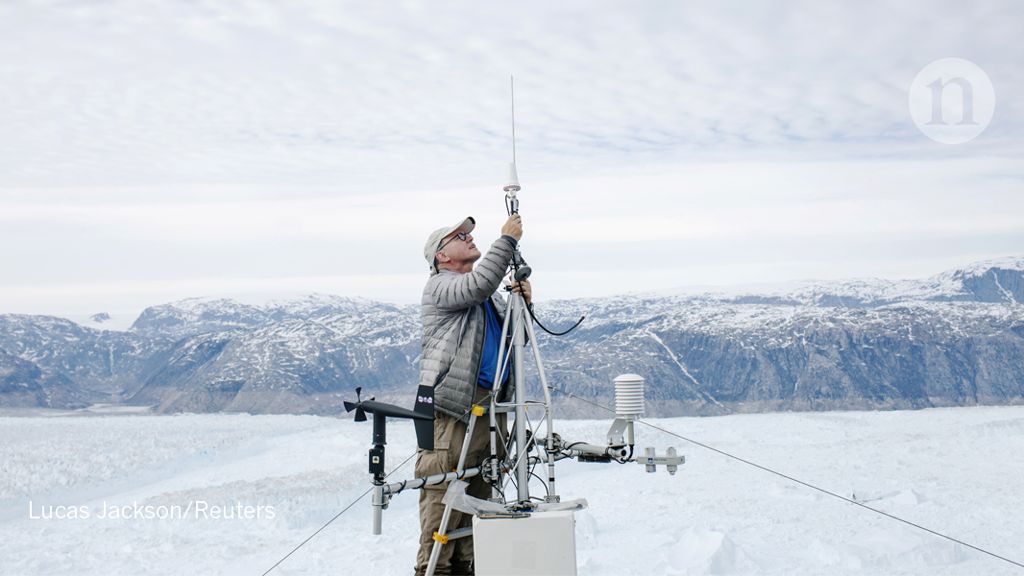
The two-page brochure describes the impact of Electronic Information for Libraries' (EIFL) open science training at universities and research institutes in Africa and Europe.
What legal, as well as ethical and social, factors will ultimately shape the contours of open science? Should all restrictions be fought, or should some be allowed to persist, and if so, in what form?
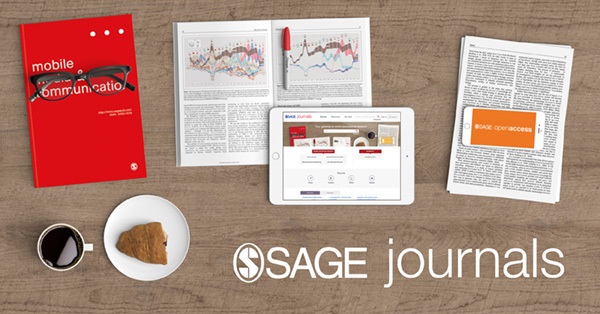
The Frictionless Data Reproducible Research Fellows Program, supported by the Sloan Foundation, aims to train graduate students, postdoctoral scholars, and early career researchers how to become champions for open, reproducible research using Frictionless Data tools and approaches in their field.
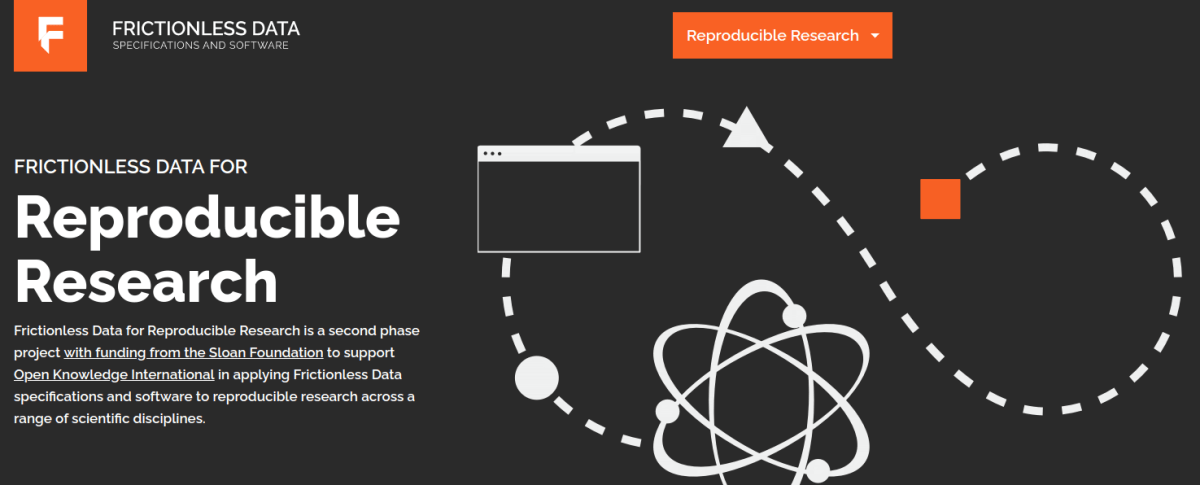
Enabling researchers to develop and test innovative ways of making health research open, accessible and reusable.
On the occasion of the 50th anniversary of EPFL, the important topic of open and reproducible science is given the place it deserves.
We are delighted to announce the launch of the new Europe PMC Plus - the manuscript submission system for authors supported by Europe PMC funders.
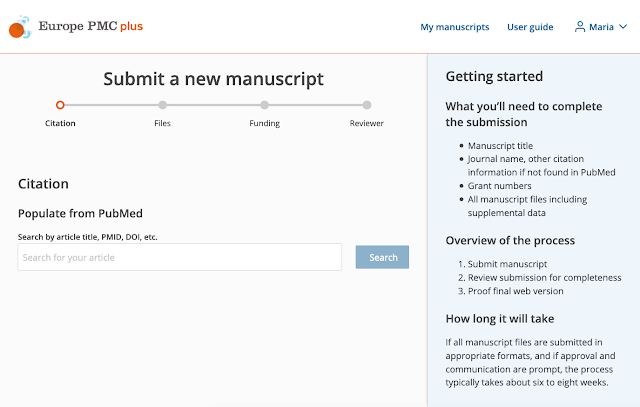
An open toolkit to guide and facilitate data collection about Open Science (OS) and non-OS collaborations with the aim of measuring the implementation and impact of OS partnership across these organizations.
The growth of preprints in the life sciences has been reported widely and is driving policy changes for journals and funders, but little quantitative information has been published about preprint usage. Here, we report how we collected and analyzed data on all 37,648 preprints uploaded to bioRxiv.org, the largest biology-focused preprint server, in its first five years.
Jonathan and Chris interview Brian Nosek, a professor of psychology and the co-founder and director of the Center for Open Science. They discuss problems and solutions in modern scientific research, such as committing scientists.
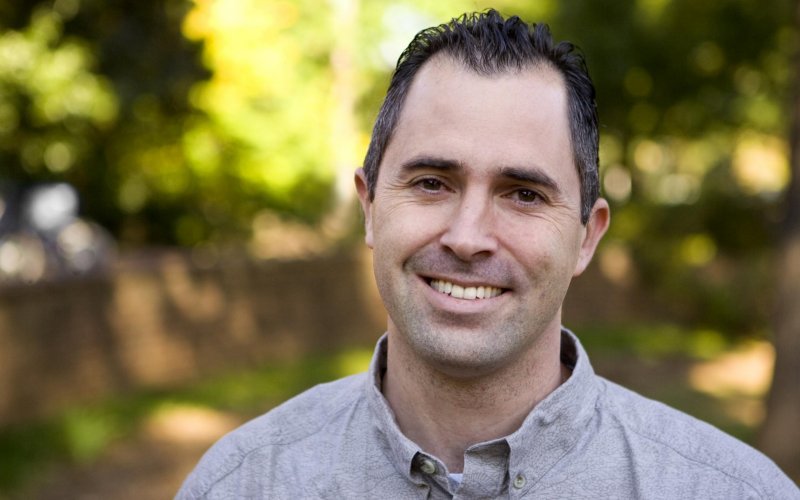
According to the latest data from the European University Association (EUA), only few higher education institutions have policies on research data management in place.
As an early career researcher (ECR), making the transition from the “traditional” way of doing science into methods that are more open, reproducible, and replicable can be a daunting prospect. We know something needs to change about our workflow, but where do we start?
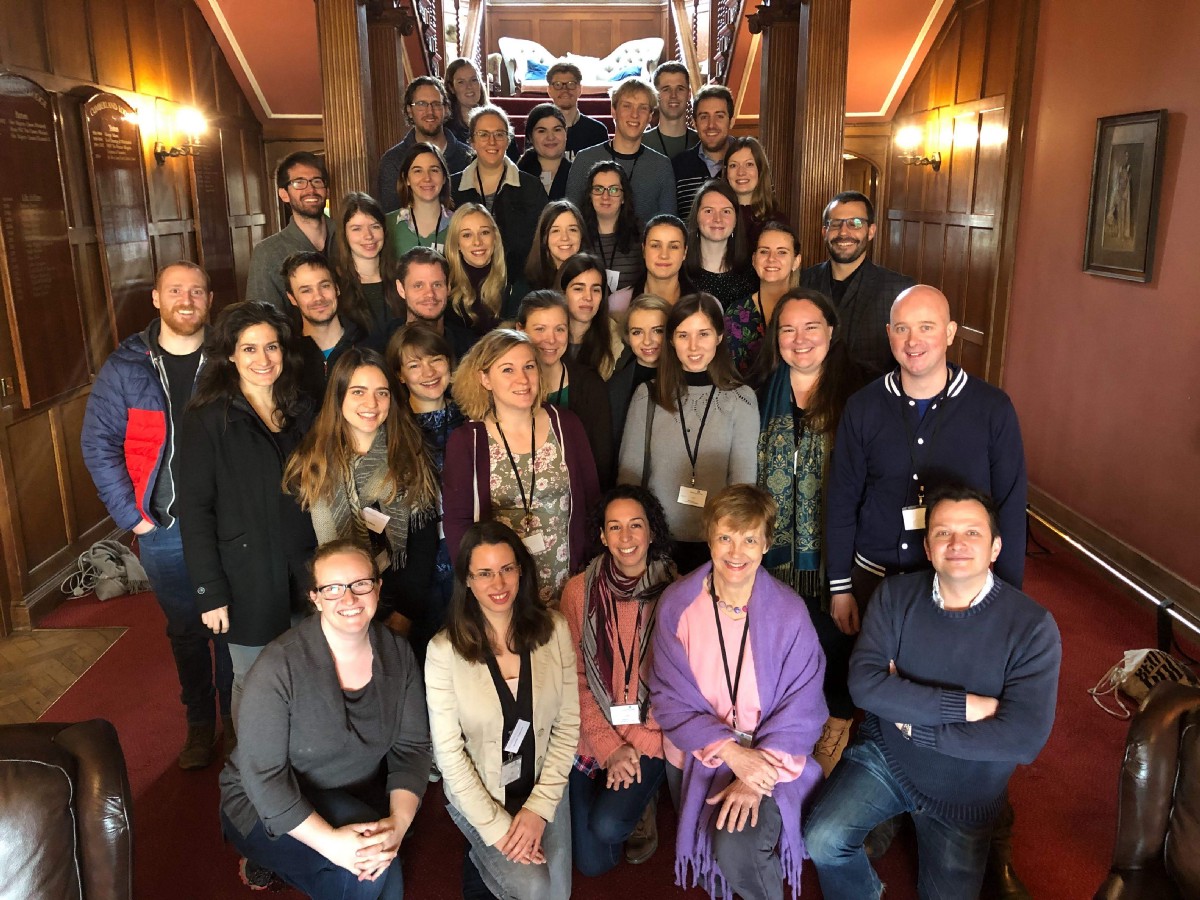
The CERN-UNIGE Workshop on Innovations in Scholarly Communication will be held at University of Geneva in June 19th-21st 2019. The main theme of this edition is: Open Science - its impact and potential as a driver for radical change.
DOI metadata provenance is describing the history of a particular DOI metadata record, i.e. what changes were made when and by whom. This information is now stored and provided via an API for all DOI registrations since March 10, 2019.
Abigail Cabunoc Mayes from Mozilla Open Leaders offers some answers.
This is Module 1 of the Open Science MOOC. This course is totally SELF-PACED, meaning it can be completed whenever you want and in your own time. Rationale: To innovate in a field frequently implies moving against prevailing trends and cultural inertia. Open Science is no different. No matter how convinced you are, you will come across resistance from peers and colleagues, and the best defence is strong personal conviction that what you are doing may not be perfect now, but is the right decision in the long run. This module will introduce the guiding principles of the 'open movement', the different actors involved, and the impact that they are having. Learning outcomes You will be able to describe the ethical, legal, social, economic, and research impact arguments for and against Open Science. After deciding which platforms/tools/services are most useful for themselves and their community, you will develop a personal profile for showcasing your research profile and outputs. After reflecting on the status of Open Science within your research group or lab, you will devise concrete ways to locally improve open practices. Using the guidelines published by their research laboratories, departments, or institutes, you will identify the policies for career progression and assessment, publishing and open access, data sharing, and intellectual property. Resources: Open Principles There are two tasks that are optional as part of this module: Defining how Open Science affects you. Developing your digital researcher profile. These tasks are OPTIONAL. You do NOT need to complete them in order to finish this module. They are, however, strongly recommended still. To complete this module, the only thing you need to do is complete the quiz! Once you have done that, you get this cool certificate to proudly display (the real one is bigger and nicer). Citation: We strongly encourage maximal sharing, re-use, and remixing of all content available for this module. It is also openly-licensed (CC0 or CC-BY at source) and copyright free as such. To cite this work, please use: Jon Tennant; Bruce Caron; Jo Havemann; Samuel Guay; Julien Colomb; Eva Lantsoght; Erzsébet Tóth-Czifra; Katharina Kriegel; Justin Sègbédji Ahinon; Cooper Smout & Gareth O'Neill. (2019, March 16). OpenScienceMOOC/Module-1-Open-Principles 2.0.0 (Version 2.0.0). Zenodo. http://doi.org/10.5281/zenodo.2595951 Other live modules: Module 5: Open Research Software and Open Source
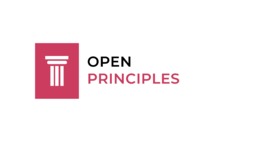
Closed and proprietary infrastructures limit the accessibility of research, often putting paywalls in front of scientific knowledge. But they also severely limit reuse, preventing other tools from building on top of their software, data, and content. The presentation demonstrates how open infrastructures can help us move beyond this issue and create an ecosystem that is community-driven and community-owned.
Hypothesis has reached a remarkable new milestone: five million annotations.
The progress of science depends on how we preserve and share what we know.
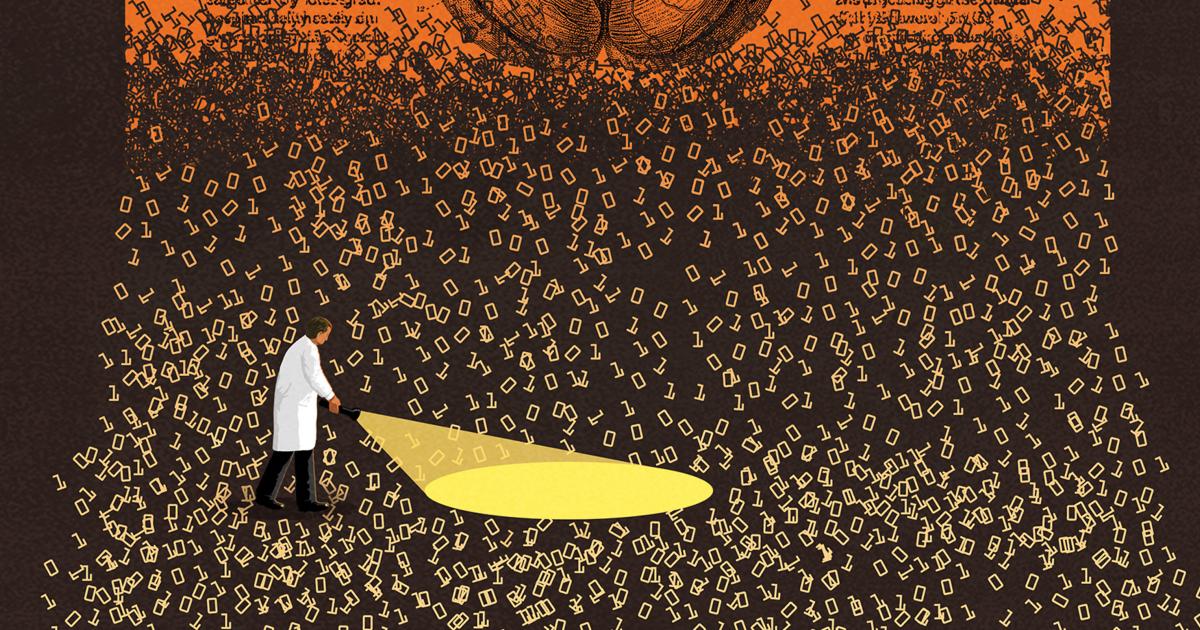
CROCI, the Crowdsourced Open Citations Index, is a new OpenCitations Index containing citations deposited by individuals, identified by ORCiD identifiers, who have a legal right to publish them under a CC0 public domain waiver.
When we reject failure, we create a culture of punishment, artificial rewards, and scientific bias. There are people running analyses and experiments right now which others will have undoubtedly done before, but just not communicated their results.
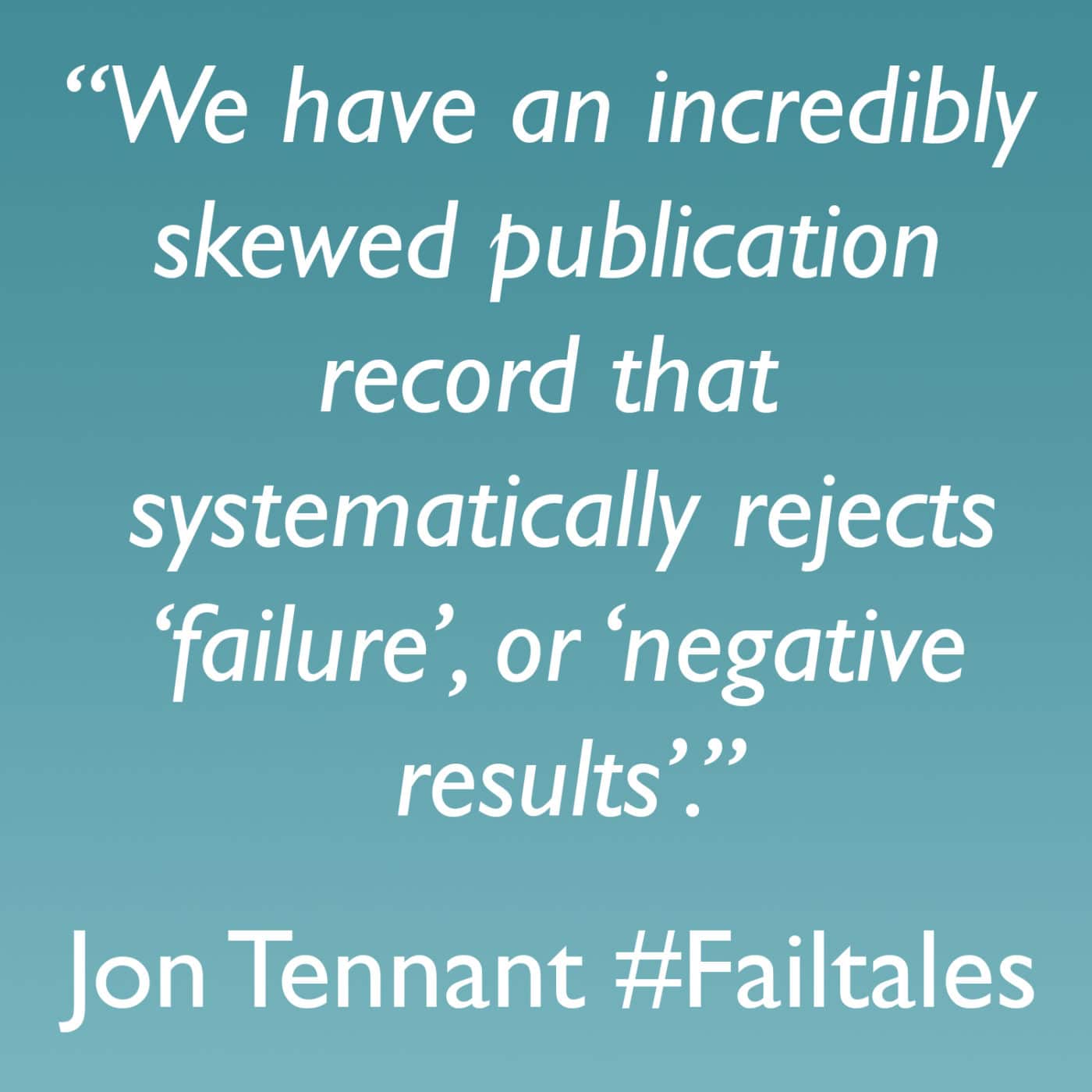
Open peer review (OPR) is moving into the mainstream, but it is often poorly understood and surveys of researcher attitudes show important barriers to implementation. There is a clear need for best practice guidelines for implementation.

Mozilla has opened applications for Open Science Mini-Grants. The latest round of grants seeks projects that address open practices in the field of biomedicine.
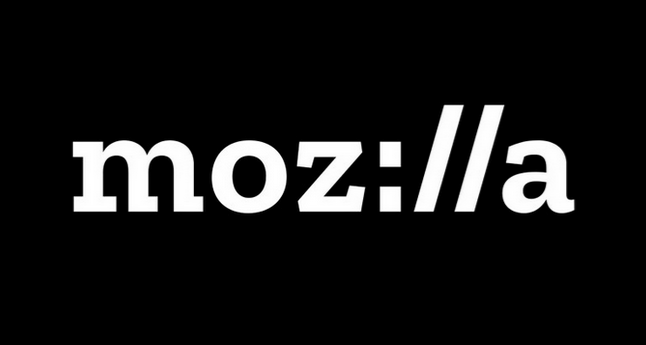
A new study suggests that making reviewers' reports freely readable doesn't compromise the peer-review process.
